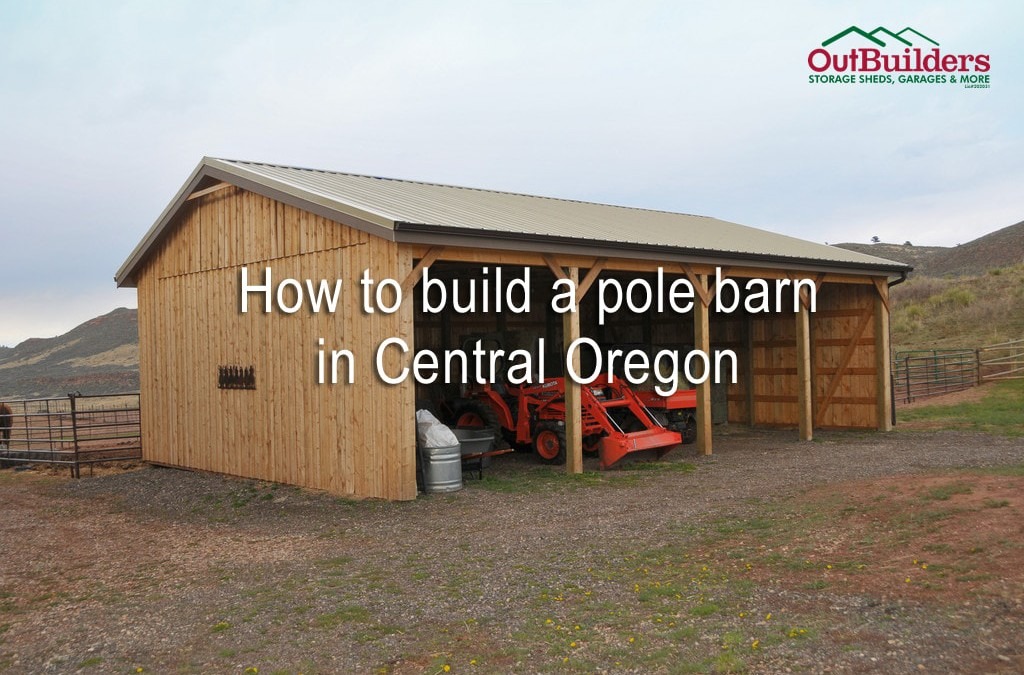DIY barn building
First of all, you need to understand that there are several types of barns. Unless you understand the type of barn you are building, you could waste a lot of time and money by building something you really don’t need.
There are two types of barns: Metal and wooden barns. But the real question is what are you going to be storing: farm equipment, livestock, house grain or all the above? You also need to consider maintenance, time you invest in it, materials available and your budget.
For this article, we are going to teach you how to build a pole barn. A pole barn is a farm building where there are no foundations. A pole barn has sides consisting of steel (corrugated) or aluminum panels supported by poles set in the ground from 6 – 8 foot intervals.
Level your ground and/or create a level base pad. Most pole barns do not have a base as they are just ground. A level base pad is either wood, concrete, plastic or rubber. This is the floor. We are not creating one here, so let’s concentrate on the poles and siding. Make sure you level the ground though. Building a barn in Central Oregon is tough because of the ground (lava bed rocks).
If you are not good a measuring, you may want to learn or have a friend handy who knows how to measure. There are several types of measuring videos on YouTube that will help you since this is a “do it yourself”. Measuring is key to saving money and building a solid frame for the trusses. If you do not measure and cut right, your pole barn could collapse costing you thousands of dollars and possible lives. Be careful! Safety first!
You may also want to find out the regulations in your area from the county clerk’s office. You may need a permit to build a pole barn on your property so keep that in mind for this project. Make sure you have this or else the county could make you tear it down.
How big do you want it? Walk around the property and investigate the landscape, equipment, livestock and grain for storage. It’s always better to build bigger than smaller because we always miss something that we want to store. Bigger is better. Also, consider the direction you want the barn. Prettier, in this case, is not the best whether you want to match building arrangements or decor. Ease of access for equipment and animals is key.
To be continued in part 2.

Kirk Sandburg
(541) 556-1804 Mobile
kirk@outbuilders.com
www.outbuilders.com






Recent Comments